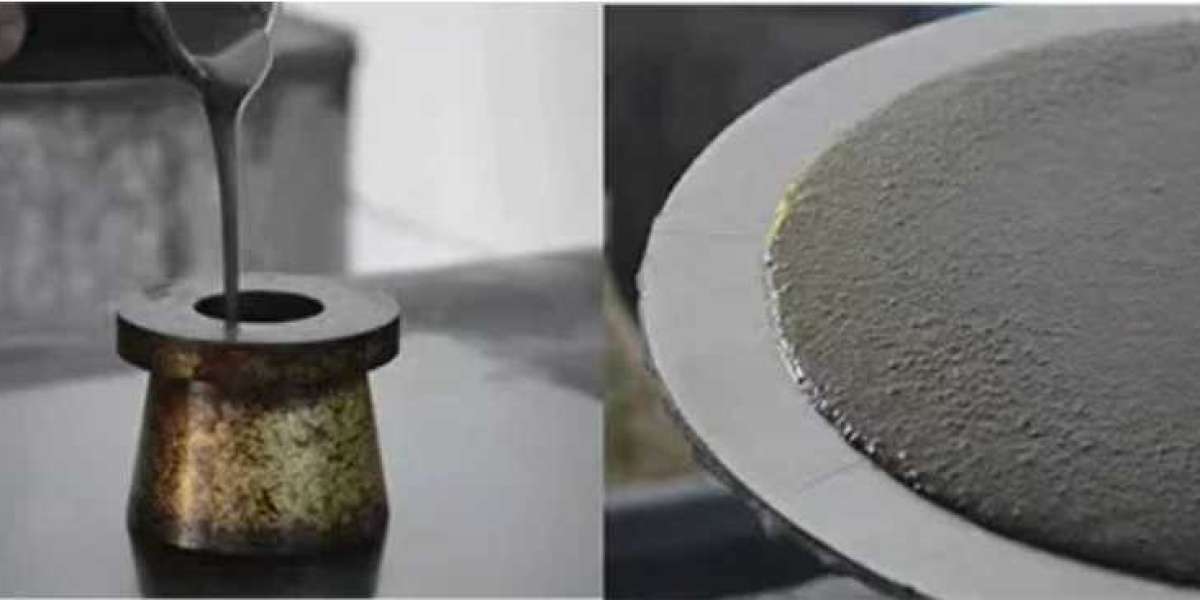Mortar is a vital component in construction, used for binding bricks, stones, or other materials together to create a solid structure. While the basic ingredients of mortar include cement, sand, and water, the addition of various additives can significantly enhance its properties and performance. In this article, we will explore the role of mortar additives in construction, discussing their types, benefits, and applications.
Types of Mortar Additives
Plasticizers
Plasticizers are commonly used additives that improve the workability and flow of mortar. By reducing the water content required for a specific consistency, plasticizers enhance the ease of application and reduce the risk of cracking. They also improve the bond strength between mortar and masonry units.
Air-Entraining Agents
Air-entraining agents are additives that introduce tiny air bubbles into the mortar mix. These bubbles act as a cushion, allowing the mortar to expand and contract without cracking when exposed to freeze-thaw cycles or other environmental stresses. Additionally, air-entrained mortar provides better resistance to water penetration.
Accelerators
Accelerators are additives that speed up the setting and hardening process of mortar. They are particularly useful in cold weather conditions or when rapid construction is required. By reducing the time required for mortar to gain strength, accelerators enhance productivity and allow for faster project completion.
Retarders
Retarders, on the other hand, slow down the setting time of mortar. They are beneficial in hot weather conditions or when extended working time is needed. Retarders prevent premature drying of mortar, allowing for better workability and reducing the risk of cracking.
Bonding Agents
Bonding agents are additives that improve the adhesion between old and new mortar or between mortar and existing surfaces. They enhance the bond strength, preventing delamination and ensuring the longevity of the structure. Bonding agents are particularly useful in repair and restoration projects.

Benefits of Using Mortar Additives
Improved Workability
The addition of plasticizers and other flow-enhancing additives improves the workability of mortar, making it easier to mix, spread, and shape. This results in better application and reduced labor costs.
Increased Strength and Durability
Mortar additives, such as accelerators and bonding agents, enhance the strength and durability of mortar. They improve the bond between mortar and masonry units, increase resistance to environmental stresses, and reduce the risk of cracking or delamination.
Enhanced Freeze-Thaw Resistance
Air-entraining agents create microscopic air bubbles in the mortar, providing better resistance to freeze-thaw cycles. This is particularly important in regions with cold climates, where the expansion of water during freezing can cause significant damage to structures.
Time and Cost Savings
The use of accelerators allows for faster construction, reducing project timelines and associated costs. Similarly, retarders provide extended working time, enabling complex or large-scale projects to be completed without compromising the quality of the mortar.

Applications of Mortar Additives
Residential Construction
Mortar additives find extensive use in residential construction, where they improve the workability, strength, and durability of mortar. They are particularly beneficial in applications such as bricklaying, stone masonry, and plastering.
Commercial and Industrial Construction
In commercial and industrial construction, mortar additives play a crucial role in ensuring the longevity and performance of structures. They are commonly used in applications such as concrete repairs, flooring, and waterproofing.
Restoration and Preservation
Mortar additives are essential in restoration and preservation projects, where they help in maintaining the structural integrity of historical buildings or monuments. Bonding agents and other additives ensure the compatibility and longevity of the repaired or replaced mortar.

Conclusion
Mortar additives are indispensable in modern construction, offering a wide range of benefits and applications. Whether it is improving workability, enhancing strength and durability, or providing resistance to environmental stresses, these additives play a vital role in ensuring the longevity and performance of structures. By understanding the types and benefits of mortar additives, construction professionals can make informed decisions and achieve superior results in their projects.
Enhancing Workability and Durability of Masonry Structures through Mortar Additives








